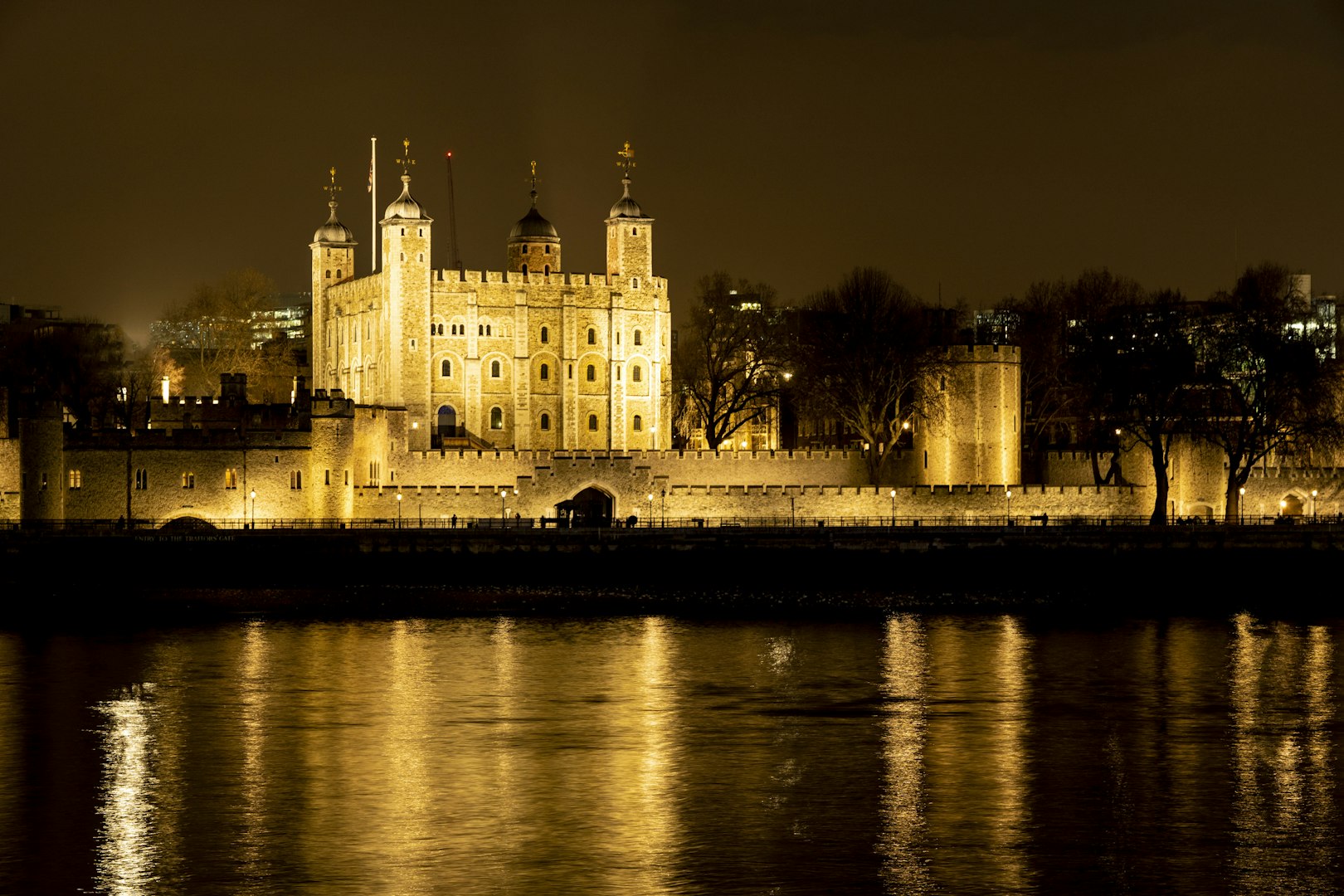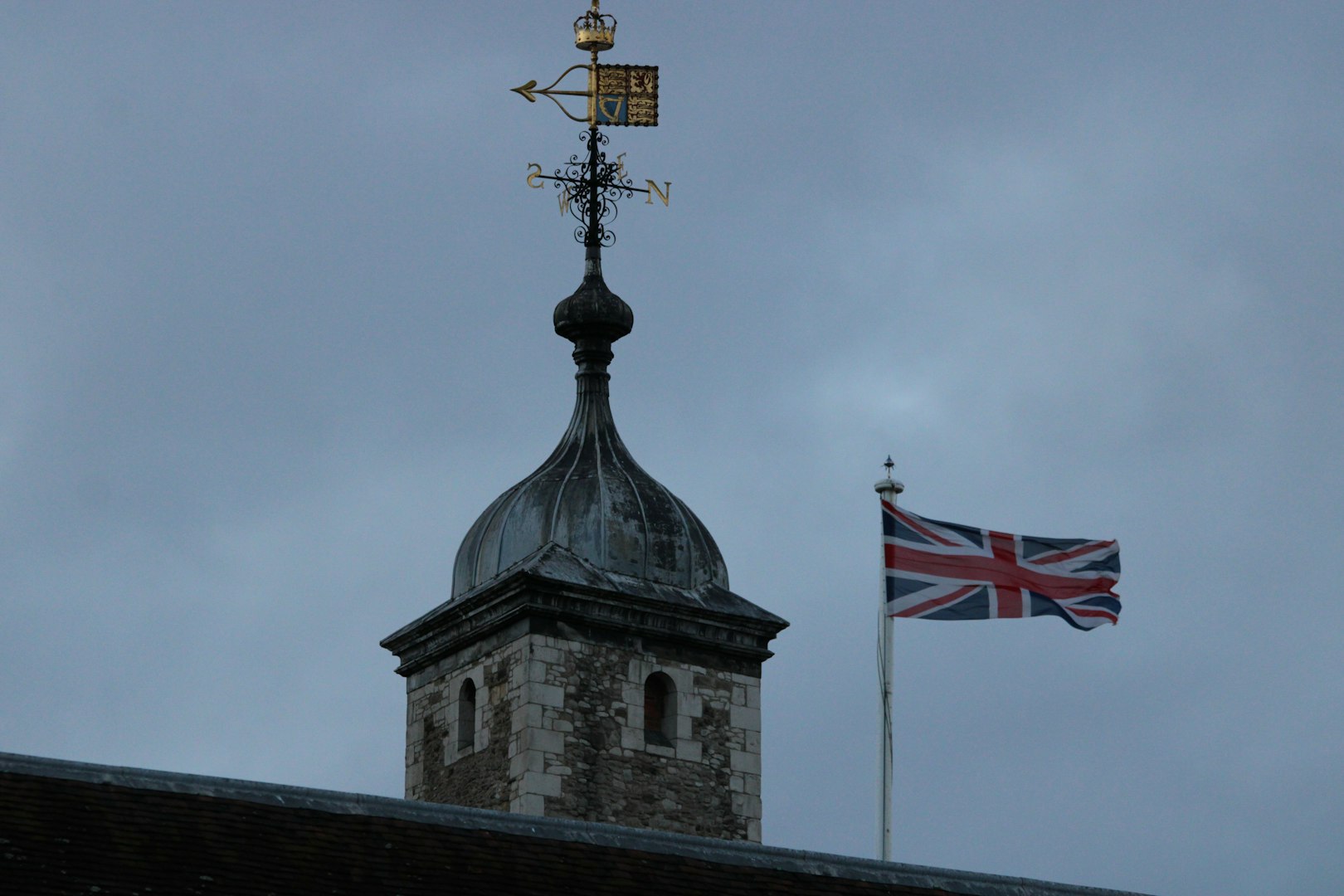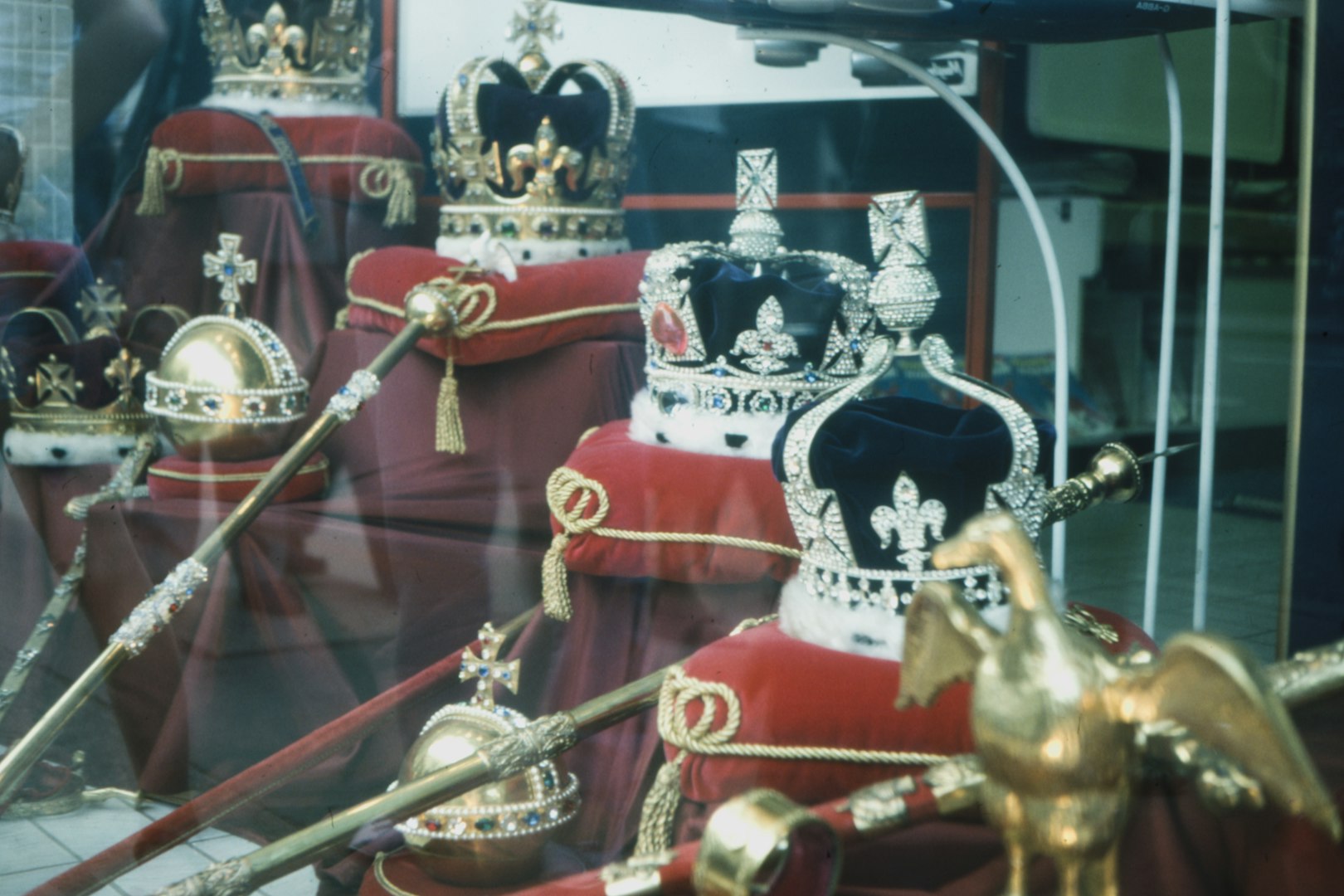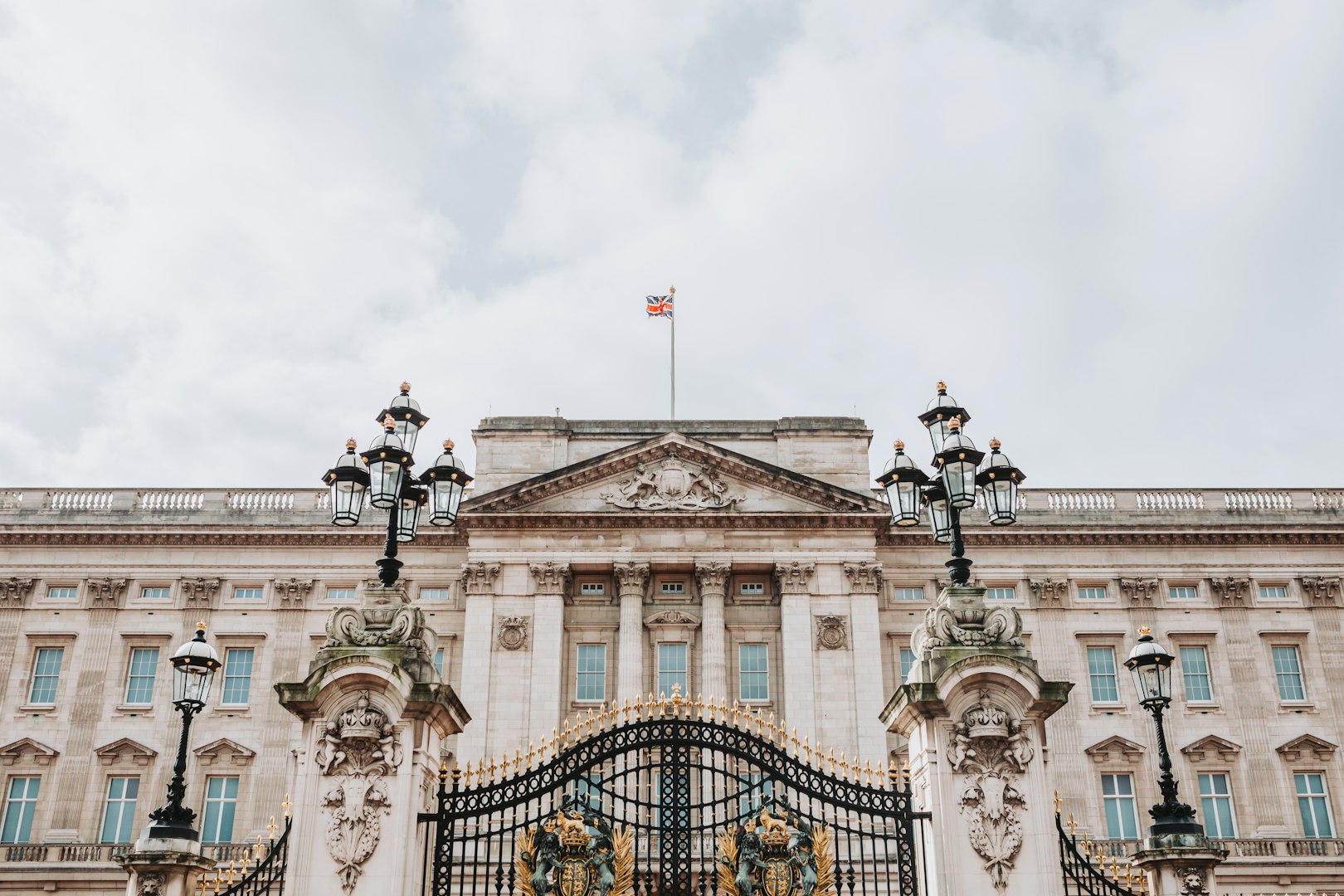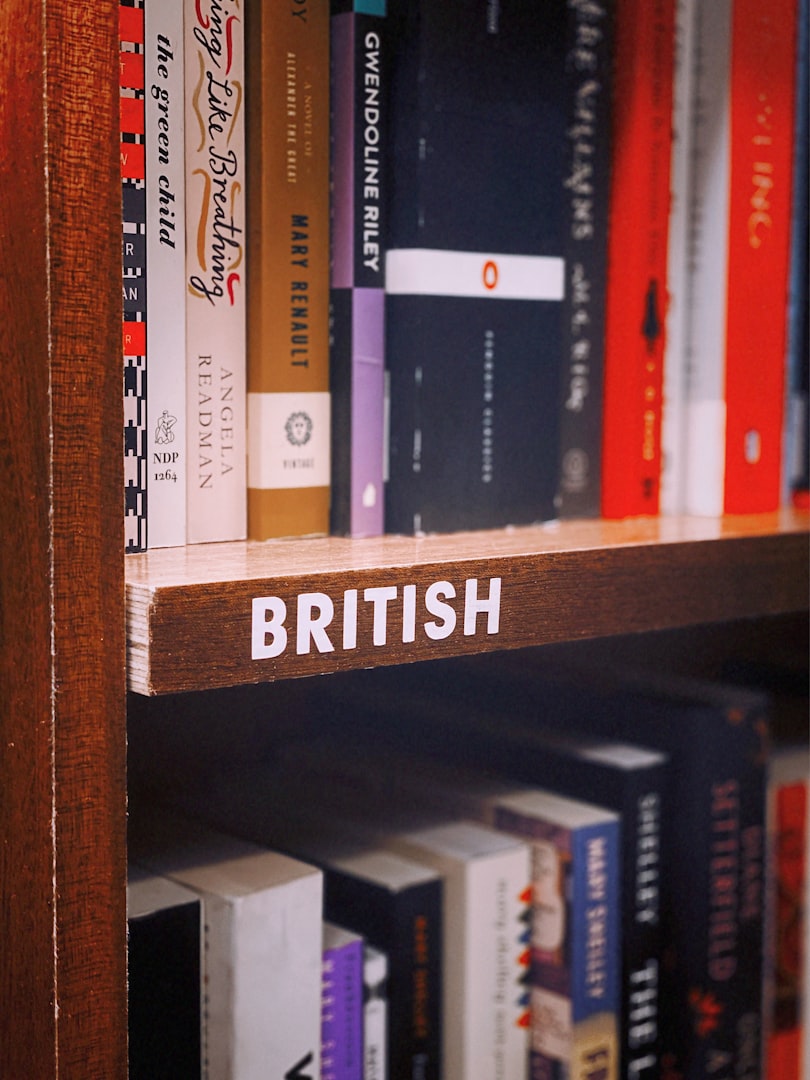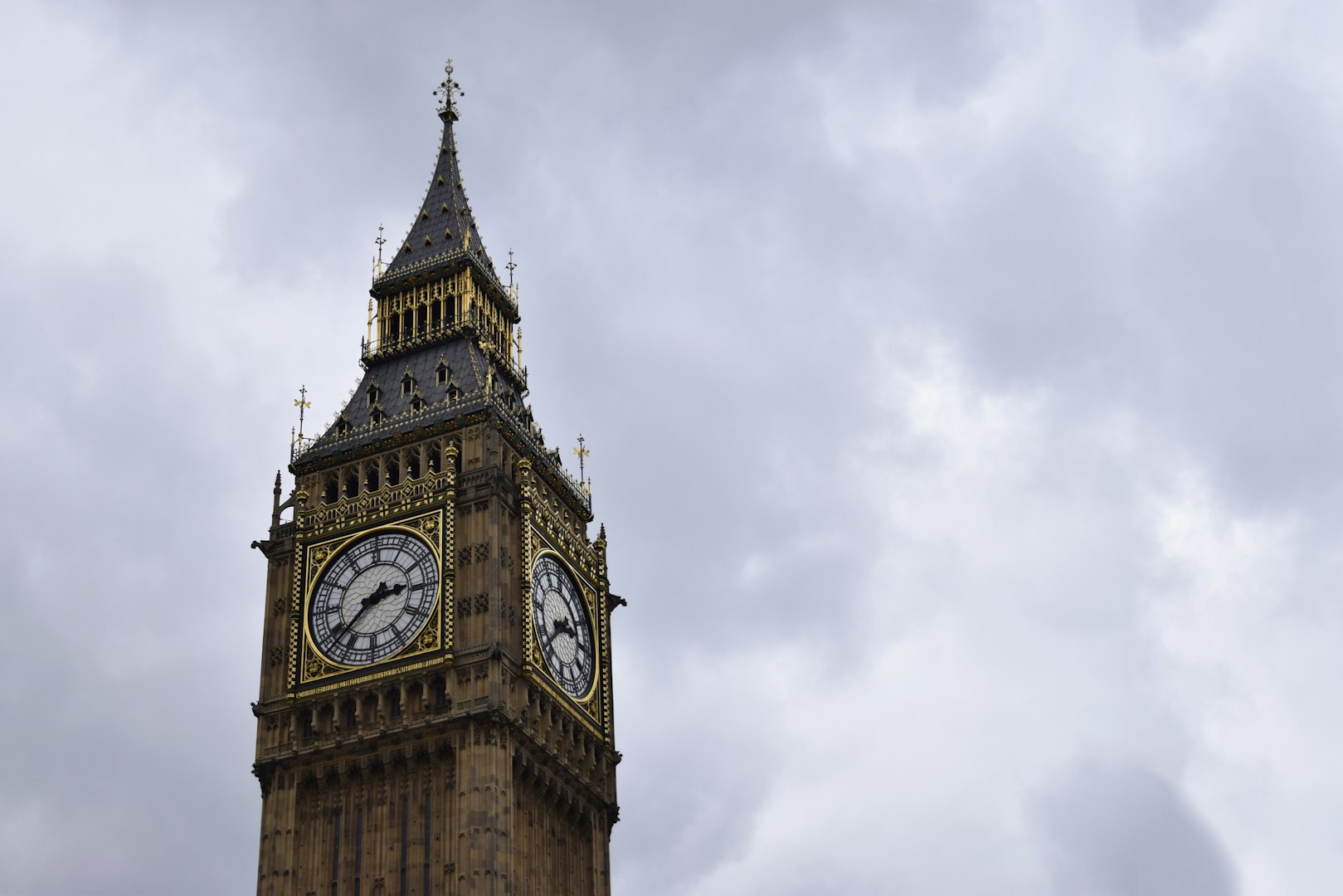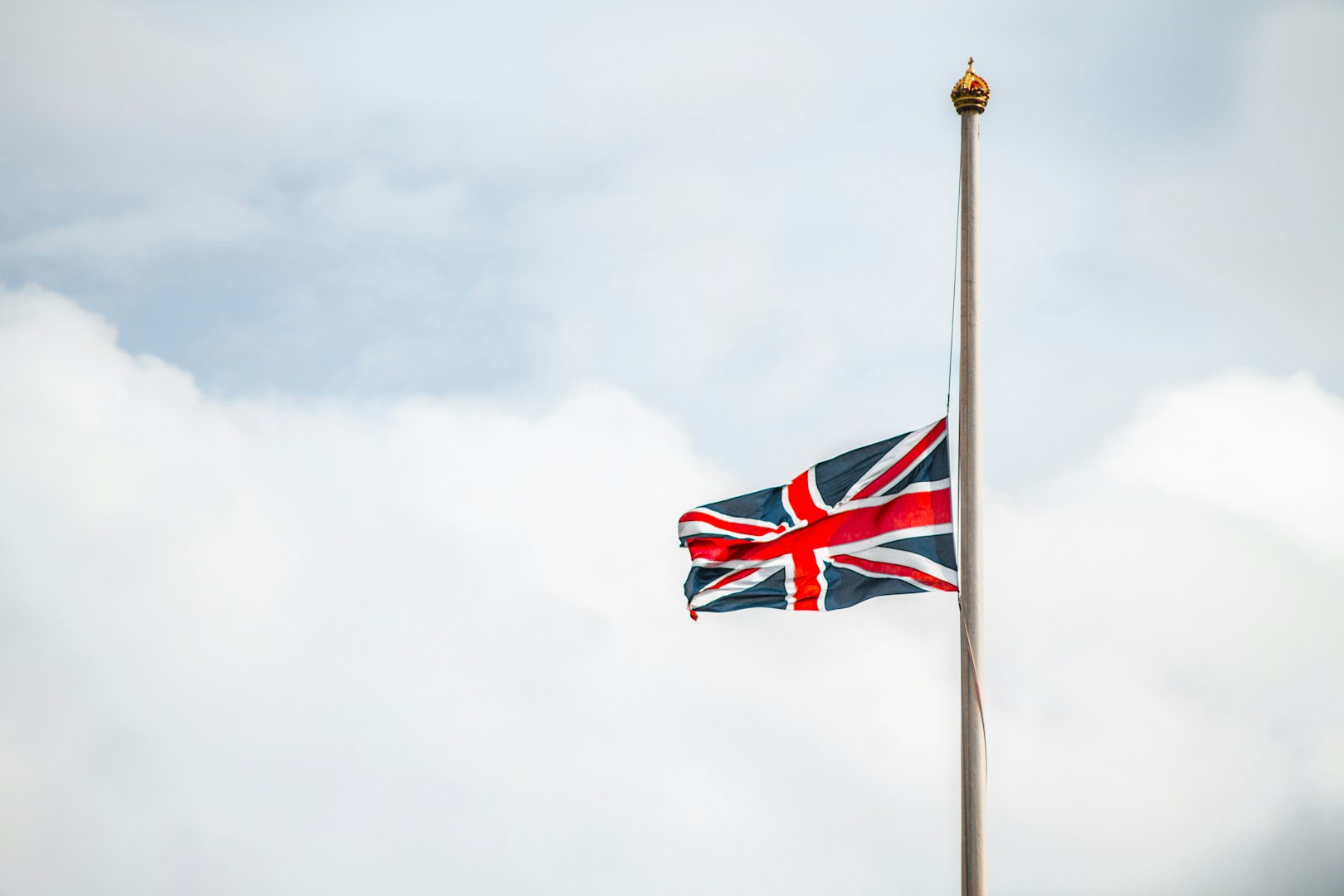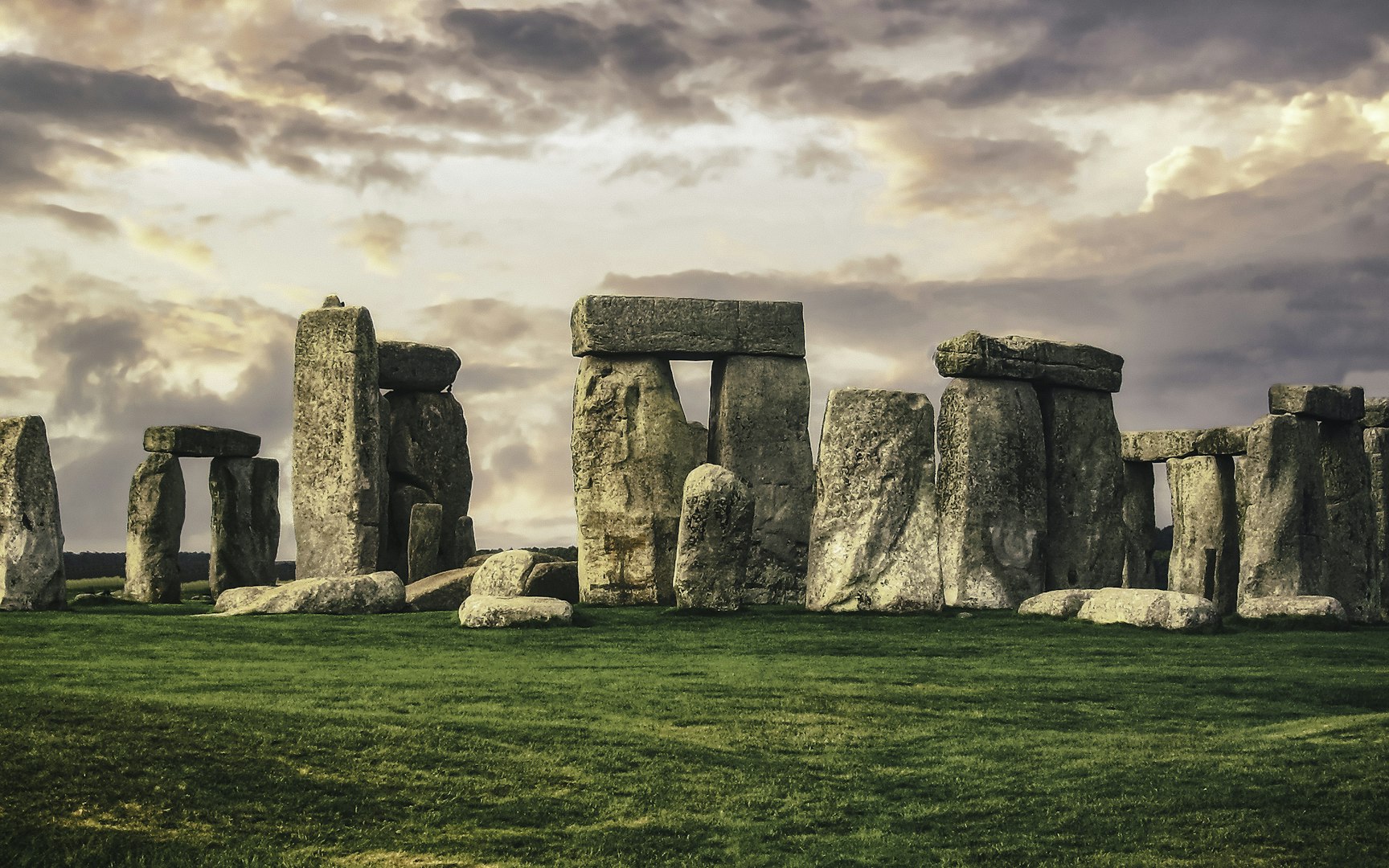
Era Echo
British Monarchy History: Early Britain
In this episode of Era Echo, we recount the history of England, tracing
its evolution from a land of Celtic tribes to the arrival of the
Normans.
We begin by describing the early Celtic inhabitants of
Britain, exploring their societal structure and cultural practices. This
section highlights their way of life before the significant changes
brought about by external conquests.
Next, we detail the Roman
rule of Britain, focusing on key Roman emperors who governed the island
and the construction of Hadrian’s Wall as a defensive measure against
northern tribes. The Romans introduced various aspects of culture,
infrastructure, and governance that would influence Britain for
centuries.
The narrative then shifts to the Anglo-Saxon period,
outlining the establishment of Anglo-Saxon kingdoms and the pivotal role
of Christianity in shaping society. We highlight prominent rulers such
as Egbert and Alfred the Great, who contributed to the consolidation of
power and the promotion of learning and culture.
Finally, we
discuss the Danish conquest of England under Sweyn Forkbeard and Canute
the Great. We examine how these Danish kings interacted with
Christianity and the cultural landscape before their eventual overthrow
by William of Normandy at the Battle of Hastings. This battle marked a
significant turning point in English history, leading to the Norman
conquest and the establishment of new power structures.
Throughout
this episode, we present a narrative of the changing power dynamics and
cultural influences that shaped early England. Join us as we explore
the rich history that led to the pivotal Norman conquest, setting the
stage for the future of the nation.

